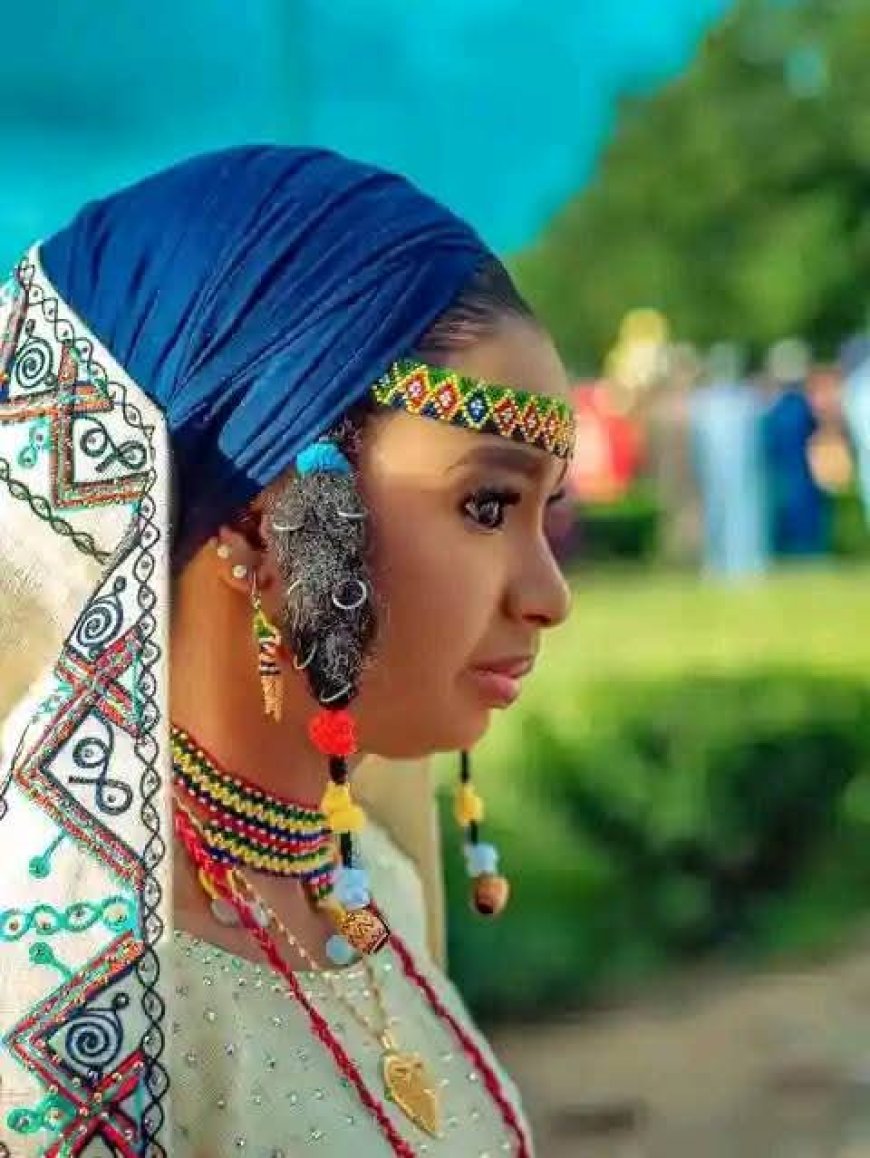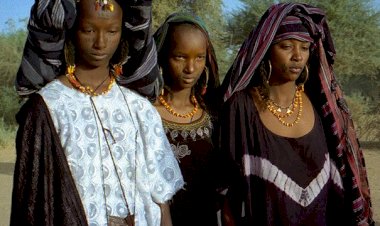FULANI: THE PERFECT DEFINITION OF BEAUTY AND CHARACTER

By Nura Bako Zango
17/08/2025,
At the time when conflict entrepreneurs and hate-mongers continue to intensify their sinister mission of deliberately spreading hatred, hostility, malice and prejudice against Fulani tribe through misinformation, ethnic profiling, fabricated narratives and falsifying history in order to incite violence and cause division in Northern Nigeria among Hausa and Fulani people, I find it exceedingly necessary to pick my pen from the milk ocean to write and educate members of the public about the tribe called "Fulani." The Fulani people, spread across West and Central Africa, are one of the most distinguished ethnic groups whose legacy continues to shape societies and inspire generations. Known for their unique blend of beauty, character, and industriousness, the Fulani embody values that stand as models for others to emulate.
As they say, "show me your friend, I will tell you who you are." Fulani and Hausa share centuries of mutual interaction marked by intermarriages, trade and cultural fusion. Both groups share common religious bonds dating back to the early 15th century by embracing Islam. They embraced Islam long before the 19th century Sokoto Jihad championed by Usman Dan fodio which incorporated Hausa traditional rulers, culture and institutions under the banner of Islam. This fusion gave rise to the Hausa-Fulani identity, where the two groups became closely integrated socially, religiously, politically, and linguistically. With this, the Hausa-Fulani is more than a name, it's an identity, heritage, tradition, philosophy and legacy that is handed over from one generation to another.
As they say "blood is thicker than water," the Hausas and Fulanis are bonded not only by cultural heritage, they are blood brethren who stand shoulder to shoulder through thick and thin. They are an epitome of true brotherhood which clearly illustrates the wise saying "sticks in one bundle are unbreakable". "Tsintsiya madaurinki daya." As it's practically impossible to move mountains so also it's not feasible to cause division among Hausa and Fulanis.
Just like the Hausas, Fulani men are historically known for their hard work and enterprise. Traditionally cattle rearers, they mastered the art of animal husbandry, sustaining not just their families but contributing greatly to the economy of many nations. In modern times, Fulani men have diversified into business, politics, education, and leadership, while retaining their dedication to discipline and responsibility. Their resilience and ability to thrive under challenging conditions make them a model of perseverance.
Fulani women on the other hand have long been celebrated for their natural beauty, elegance, and graceful features. Beyond physical attractiveness, they are admired for their humility, respect, and submission in family life. Their nurturing spirit, gentle disposition, and loyalty to their households have made them pillars of strength within the society. They carry themselves with a quiet dignity that reflects both cultural pride and moral discipline.
Despite misrepresentations in contemporary narratives, especially owing to the proliferation of banditry, the Fulani are essentially peace-loving and law-abiding people. One cannot profile the whole group of people as bandits, criminals or kidnappers due to the criminal act of a few among them. Crime does not speak any language. Like any other tribe, Fulani's culture emphasizes respect for authority, hospitality to strangers, and reconciliation in times of conflict. The Fulani moral code, known as "Pulaaku", guides them towards patience, self-control, honesty, and communal harmony. These values have preserved their cohesion across centuries and diverse geographies.
The contributions of the Fulani to humanity are remarkable. Figures such as:
1. Usman Dan Fodio – the revered scholar, reformer, and founder of the Sokoto Caliphate, who emphasized education, justice, and good governance. His works uplifted millions and laid a foundation for Islamic scholarship in West Africa.
2. Nana Asma’u – daughter of Usman dan Fodio, a poet, teacher, and women’s rights advocate who promoted education for women at a time when it was rare. Her legacy of female empowerment lives on across generations.
3. Sir Ahmadu Bello – the Sardauna of Sokoto and Premier of Northern Nigeria, who championed unity, education, and modernization while preserving cultural heritage.
4. Shehu Shagari – Nigeria’s first democratically elected Executive President, remembered for his simplicity, integrity, and service to nation-building.
These, and many other leaders represent just a glimpse of Fulani’s vast contribution to politics, education, faith, and humanity at large.
Though imperfect as humans, the Fulani people remain a testament to the balance of beauty, character, and industriousness. Their women embody elegance and humility; their men stand out for enterprise and resilience; their leaders have left indelible marks on history. To know the Fulani is to appreciate a people whose values of peace, respect, and hard work continue to define their place in Africa and beyond.
Like them or hate them, your tribe and the Fulani's are not in the same league!!
















































